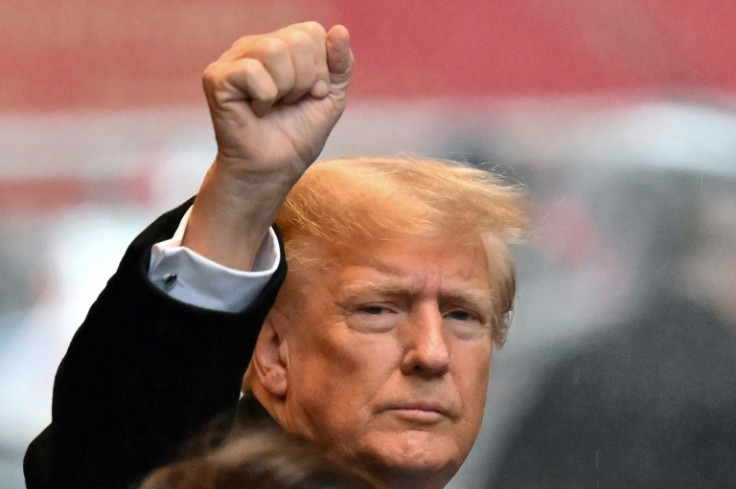Trump's Presidential Immunity Claim Rejected by Appeals Court
Former President Donald Trump's plea of presidential immunity in his federal election interference case was denied Tuesday by a three-judge panel in the U.S. Court of Appeals.
The uncontested decision means that Trump, now a private citizen, is not protected from prosecution for his alleged attempts to nullify the 2020 election results. The decree leads the way for Trump to stand trial on charges related to his actions on Jan. 6, 2021, including scheming to swindle the United States and obstruction of an official proceeding.

The legal battle over Trump's immunity commences from the criminal case being prosecuted by special counsel Jack Smith in U.S. District Court in Washington, D.C. Trump faces charges related to his alleged attempts to overturn President Joe Biden's win through many criminal conspiracies. These include setting up slates of illegitimate pro-Trump electors, trying to use the Justice Department for "sham" election crime investigations, and disputing the count of legitimate electoral votes on January 6, 2021.
The decision is expected to incite Trump to appeal to the Supreme Court, aiming to overturn the appellate court's ruling. The legal battle may further impede the trial, which was initially scheduled to commence on March 4 but has since been postponed due to the impending immunity issue. Trump's legal team has constantly portrayed the case as politically motivated, with Trump himself calling it as a "witch hunt" aimed at damaging his prospects for a potential 2024 presidential run.
The appellate court's rejection of Trump's immunity claim represents a crucial development in the ongoing legal saga about the 2020 election's aftermath. It portrays the fact that no individual, regardless of their former position of power, is above the law. As the case unravels, it is likely to reignite debates over the scope of presidential immunity and the extent to which former presidents can be held responsible for their actions while in office.
Smith, who is leading the prosecution, has highlighted the significance of resolving the immunity issue swiftly to prevent further delays in the trial proceedings. As the former president's legal team assembles to challenge the decision, the eyes of the nation are on the unfolding legal drama, which has major implications for the November election and the future of American democracy.
© Copyright IBTimes 2024. All rights reserved.

















